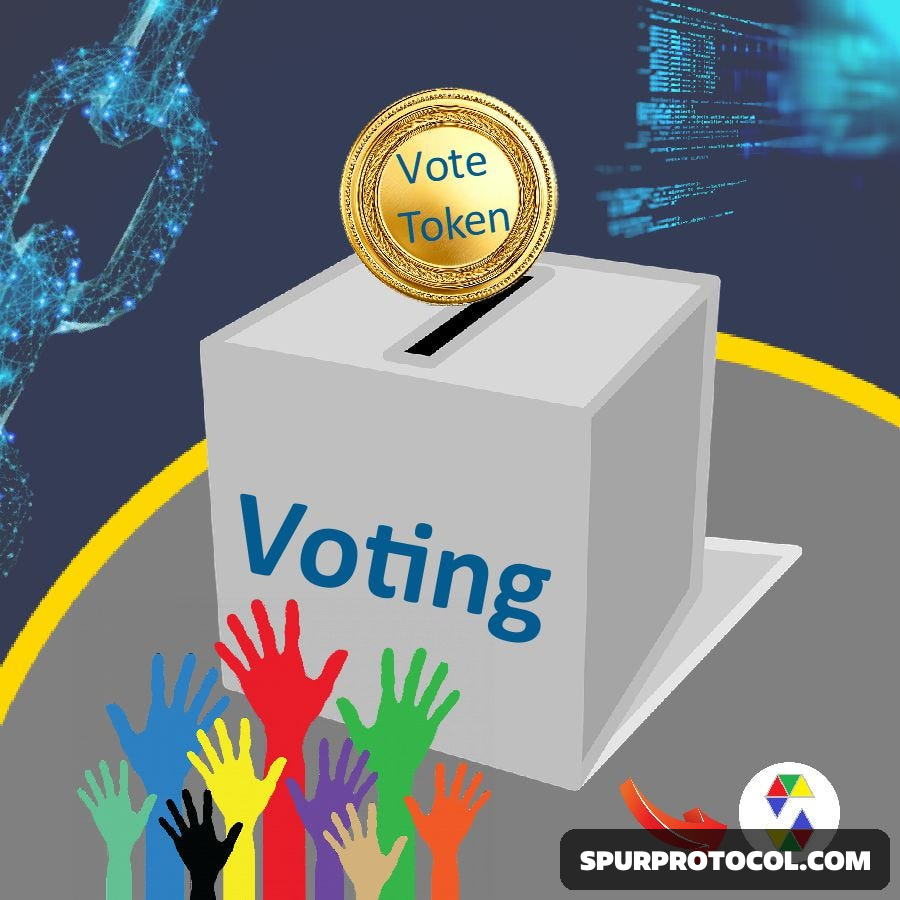Your Voice In Cryptocurrency: Governance Tokens
Token Power: Unleash your voice in the crypto space with Vote Tokens
Go Back

🕒 11:31 AM
📅 Mar 19, 2025
✍️ By cratosinn
VOTE TOKENS
In the crypto space "vote tokens" are digital assets used to facilitate decentralized governance and decision-making within blockchain ecosystems, particularly in Decentralized Autonomous Organizations (DAOs) or other governance-focused platforms
1. Vote Tokens- It's purposes
- Governance: Vote tokens enable token holders to participate in decision-making processes, such as proposing, voting on, or approving changes to a protocol, funding allocations, or other ecosystem-related decisions.
- Decentralization: They promote decentralized governance by allowing community members to have a say in the direction of a project, rather than relying on a centralized authority
2. How Vote Tokens Work
- Token Distribution: Vote tokens are typically distributed to users who hold a project's native cryptocurrency, participate in staking, or contribute to the ecosystem.
- Voting Power: The number of tokens a user holds often determines their voting power (e.g., 1 token = 1 vote). Some systems may use quadratic voting or other mechanisms to prevent concentration of power.
- Proposals: Users can submit proposals for changes or initiatives, and token holders vote to approve or reject them.
- Execution: If a proposal passes, it is automatically executed via smart contracts or implemented by the development team.
3. Examples of Vote Tokens
- MakerDAO (MKR)
- Uniswap (UNI)
- Compound (COMP)
4. Benefits of Vote Tokens
- Community Involvement
- Encourages transparency
- Alignment of Incentives
5. Challenges
- Voter Apathy: Many token holders may not participate in voting, leading to low engagement.
- Concentration of Power: Large holders (whales) can dominate decision-making, potentially undermining decentralization.
- Complexity: Governance processes can be technically complex, deterring average users from participating.

